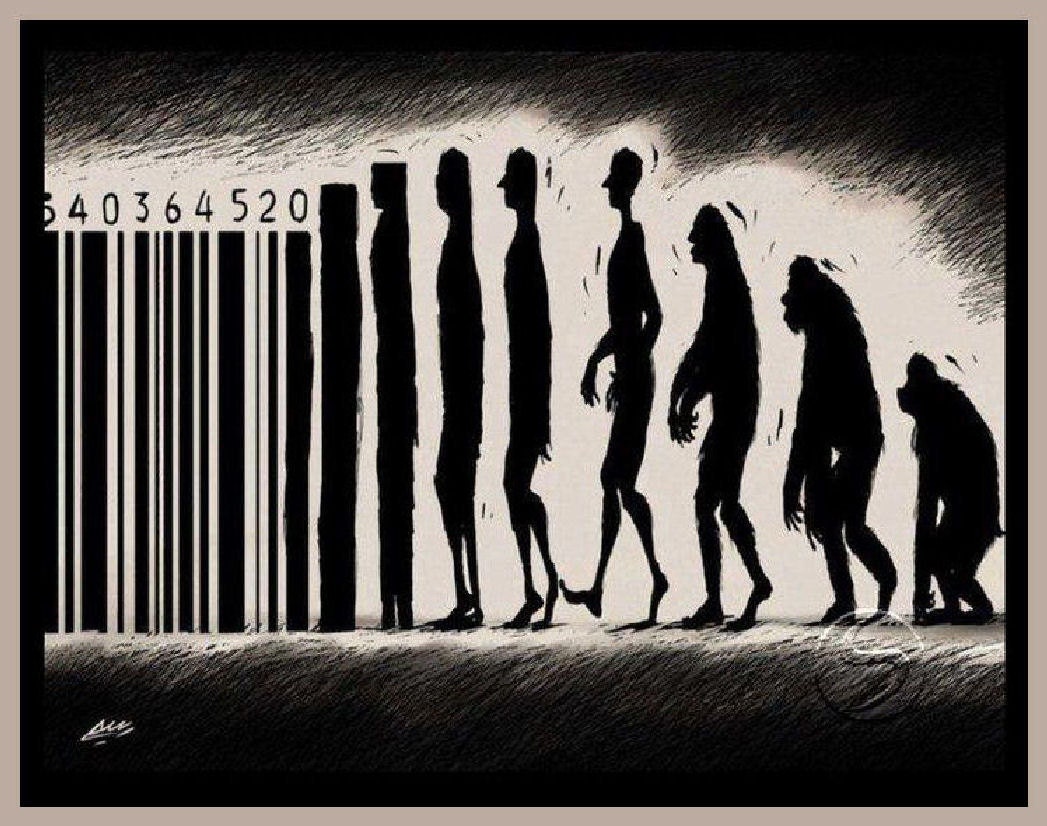
Take a risk being imperfect: How the things we hide can be the things that heal.

Others will like me more if I am more likable and less imperfect.
This belief is everywhere. It’s in the gym, it’s in our classrooms, it’s at our desks, in our books, it’s in make-up drawers, pantries, and therapy offices.
A client comes to me depressed. If only I could help him be less sad, he’d finally be the kind of person his wife could love. He’s asking me to change something about him to make him more valuable in her eyes.
This is the place we often find ourselves in, isn’t it? In our consumer-driven society we’ve learned to view ourselves as products. We market ourselves as best we can. We hide our imperfections. We attempt to remove all character flaws to avoid the sting of rejection, then feel hopeless when we find we are unable to escape the parts of us that feel broken.
Healing means sharing the whole pie.
But maybe healing is less about cutting out imperfections, and more about learning to see ourselves as connected people rather than marketed products for others.

These “imperfect” parts of you are the very thing that belong in the life and dialogue of your closest relationships. In fact, it may be that these very parts are what’s missing. The extent to which we cut off, hide, or rid ourselves of our imperfections is the extent to which we miss out on deep, life-giving connection with others. Good relationship happens when we share the whole pie – even the parts we think aren’t so good. So what can you do? Here are some quick tips:
NOTICE YOURSELF. Throughout your day, recognize the thoughts and feelings that you hold back from sharing. Ask yourself, how do I fear this person would react if I were to share?
TAKE A CHANCE. Start small by speaking your experience of holding back. It might sound something like, “When you said that, I started to feel angry, but then I stopped myself from showing it because I’m not sure how you’d respond”.
NOTICE OTHERS. The truth is that the people we are closest to have fears about sharing with us as well. They are likely afraid that we might dislike them if we knew the things they hold back. Have a conversation and let them know you’d like them to take a chance trusting you with more of their slices of pie (I’m sure they’ll know what you mean!).
This idea is scary. It can be terrifying to imagine bringing up a part of you you’ve been ashamed of. There’s a reason we choose to keep these things to ourselves. Often we’ve been taught from an early age that there were certain feelings that made mom or dad overwhelmed or angry or distant. And opening up a new part of yourself can feel like opening up a vulnerable, painful place.
Consider what it would be like to have a deep connection with those closest to you. Consider what it would be like to feel the freedom to share all parts of yourself in a vulnerable way, and to know that the other person could understand and share likewise with you! Maybe you have experienced this. Maybe you’ve know someone with whom you feel completely safe and understood, where you were not a product, but a person who feels connected and whole. I want to help you get there. Call me today so you can move toward the wholeness you need.
Schedule a Call with Connor